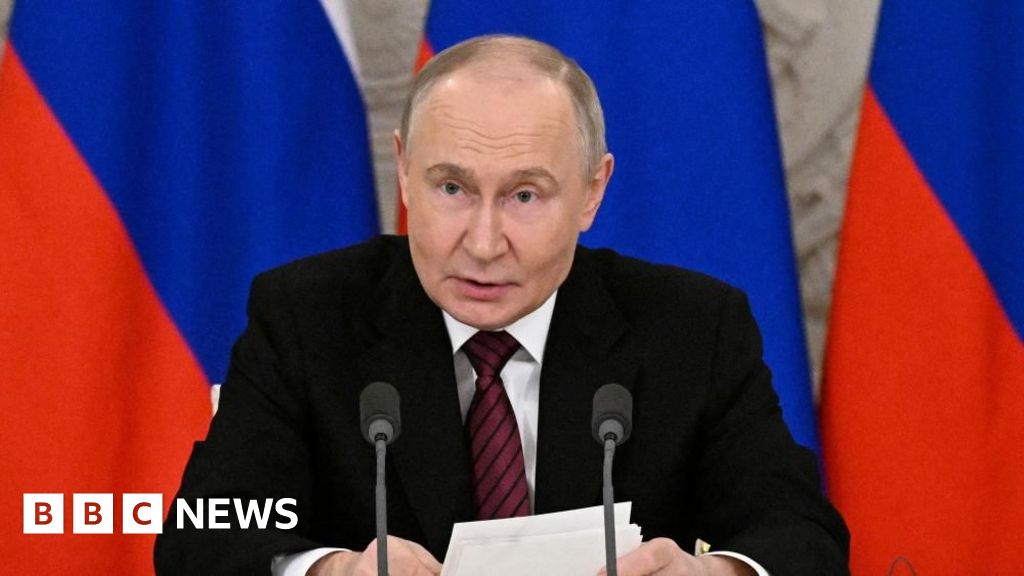Hope for Peace? Putin Signals Potential Russia-Ukraine Talks Next Week

In a surprising late-night address broadcast on Russian television, President Vladimir Putin has indicated a willingness to engage in “direct” talks with Ukraine as early as next week. This announcement, a rare televised statement from the Russian leader, has sparked cautious optimism amidst ongoing conflict and escalating tensions. Putin stated that Moscow's objective is to “start moving towards a lasting, strong peace,” signaling a potential shift in strategy, although the specifics of the proposed talks and the conditions attached remain unclear.
The timing of this announcement is particularly noteworthy. After months of intense fighting and minimal diplomatic progress, the prospect of direct negotiations, even at this stage, represents a significant development. While previous talks have yielded little concrete result, the Kremlin’s renewed emphasis on a peaceful resolution suggests a possible recognition of the challenges and costs associated with prolonged military action.
What's Behind the Shift? Several factors could be influencing Putin’s decision. The ongoing Ukrainian counteroffensive, supported by Western military aid, has demonstrably impacted Russian positions. Furthermore, the economic strain of the war, coupled with increasingly stringent international sanctions, is undoubtedly impacting Russia’s resources and stability. Domestically, there may also be growing pressure to find a way to end the conflict, albeit without conceding perceived strategic gains.
Ukraine's Response: Cautious Optimism and Demands Ukrainian officials have reacted with cautious optimism to Putin’s offer. President Zelenskyy has stated that Ukraine is “ready for constructive talks” but insisted that any negotiations must involve the restoration of Ukraine's territorial integrity, including the return of Crimea and all occupied territories. He also emphasized the importance of accountability for war crimes committed during the conflict.
Key Challenges and Obstacles Despite the potential for dialogue, significant obstacles remain. The deep-seated mistrust between both sides, fuelled by years of conflict and differing geopolitical objectives, makes reaching a mutually acceptable agreement incredibly difficult. Fundamental disagreements over the status of occupied territories, security guarantees, and the future of Ukraine’s relationship with the West are likely to be major sticking points.
The Role of International Mediation The involvement of international mediators, such as Turkey or the United Nations, could prove crucial in facilitating productive negotiations. These mediators could help bridge the gap between the two sides, offer neutral perspectives, and provide a framework for a potential peace settlement. However, the willingness of all parties to engage in good faith remains paramount.
Looking Ahead: A Fragile Hope The prospect of Russia-Ukraine talks next week offers a glimmer of hope for an end to the devastating conflict. However, the road to peace will be long and arduous, requiring significant concessions and compromises from both sides. The international community must remain vigilant, supporting diplomatic efforts and holding all parties accountable for their actions. The coming days and weeks will be critical in determining whether this opportunity for dialogue can translate into a lasting and sustainable peace.






